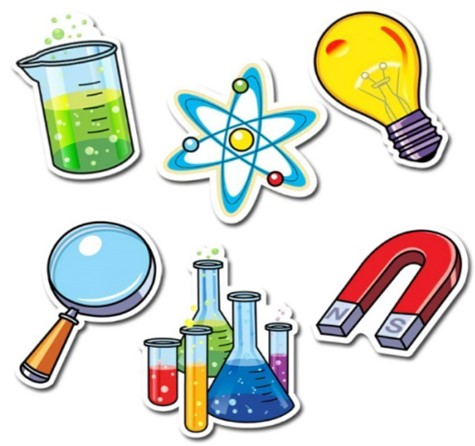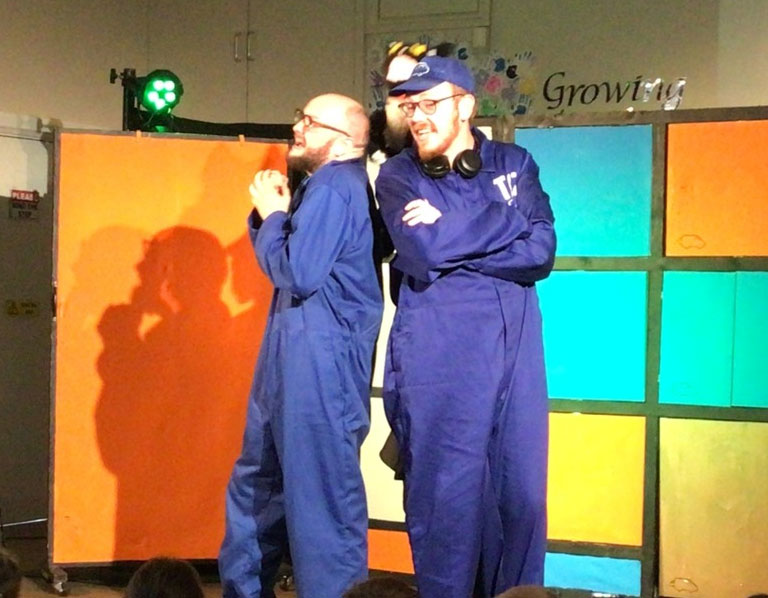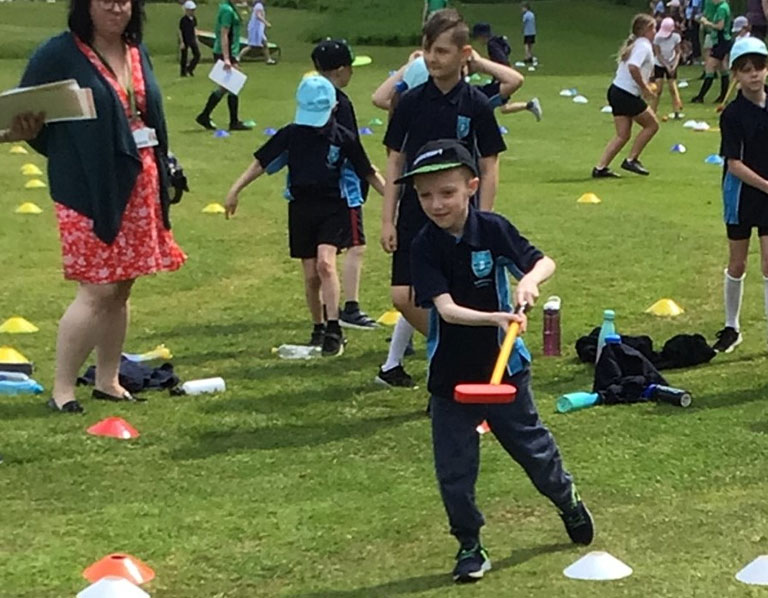Science
Curriculum Leader: Mrs Natasha Bull
Intent: What we aim for our children to achieve through our science curriculum. The intent of the science curriculum at Theddlethorpe Academy is to ensure that every pupil has an excellent first experience of science. From a very early age, children are naturally curious, and we believe that our teaching should nurture this curiosity and allow the children to ask questions and develop the skills they need to answer those questions. Our ambition is to encourage a passion for the sciences; develop confident, resilient investigators, who understand its application in past, present and future technologies.

Implementation: How we will achieve our aims. At Theddlethorpe Academy, our children’s journey through the sciences begins in Early Years where we cover a number of scientific concepts under the strand of Understanding the World. Through play, exploring, creating, discussing and organised experiences, children are encouraged to identify similarities and differences between themselves and others (Biology), to discuss their observations of the environment around them, and to talk about changes that happen (Physics and Chemistry).
To ensure high standards of teaching and learning in science, we use the Chris Quigley ‘mastery curriculum’ alongside the National Curriculum. This enables us to implement a broad and balanced curriculum that is progressive throughout the school. Through a two-year rolling programme, topics are revisited and developed throughout the school, allowing children to review, secure and build upon prior knowledge. Knowledge organisers highlight key concepts which we would like all children to have learnt by the end of a topic. We further enrich our children’s learning using Explorify resources, STEM workshops and class trips.
Formative assessments are integrated into everyday science teaching to ensure teachers have an in-depth knowledge of the children’s learning and inform their next steps. Low stakes testing of science also inform termly assessments and allow for long term memory development and secure understanding of skills.
Early scientific skills develop through three broader categories in KS1 and KS2: life and living things (Biology), materials and their properties (Chemistry) and physical processes (Physics); with each category covering a range of concepts. Year on year, the children develop their scientific questioning, reasoning and enquiring. They begin to answer their own questions through planning, investigating and performing tests, which allow them to identify, observe, measure and report findings, ultimately ending in them coming to their own conclusions. This independence encourages discussions and debates as all of us see things from different points of view.
We aim to encourage the children to become successful scientists by developing:
- A genuine fascination in science and a real sense of curiosity about the world.
- An excellent knowledge and understanding of key scientific concepts in biology, physics and chemistry.
- Progressive, specialist scientific vocabulary which is appropriate and accurate, and which develops from EYFS to KS1 and through to KS2.
- Confidence in asking questions, thinking of ways to answer them and research skills.
- Independence, resilience and creativity in problem solving.
- Ability to plan and carry out different types of investigation.
- Ability to use scientific equipment appropriately and take accurate measurements.
- Application of science skills in different scenarios.
- Effective analysis of evidence, the ability to draw conclusions, explain reasons and evaluate.
- Communication skills in order to record and present scientific ideas and understanding to a range of audiences.
Impact: The impact of our science curriculum is that each child learns more, knows more and remembers more so that they reach their full potential in this curriculum area.
- Children will become resilient, independent and confident scientists who ask questions and find things out for themselves.
- Science will be a high-profile subject throughout the school.
- Children will be enthusiastic and motivated scientific learners.
- Outdoor learning will be utilised where appropriate for science lessons.
- STEM ambassadors and the wider community will support science learning through trips and visits.
- Children will have an awareness of the full range of scientific careers and pathways available to them and will be keen to pursue STEM subjects at secondary school.
- Children will leave for secondary school equipped with the science knowledge and skills needed to succeed in their further education.


